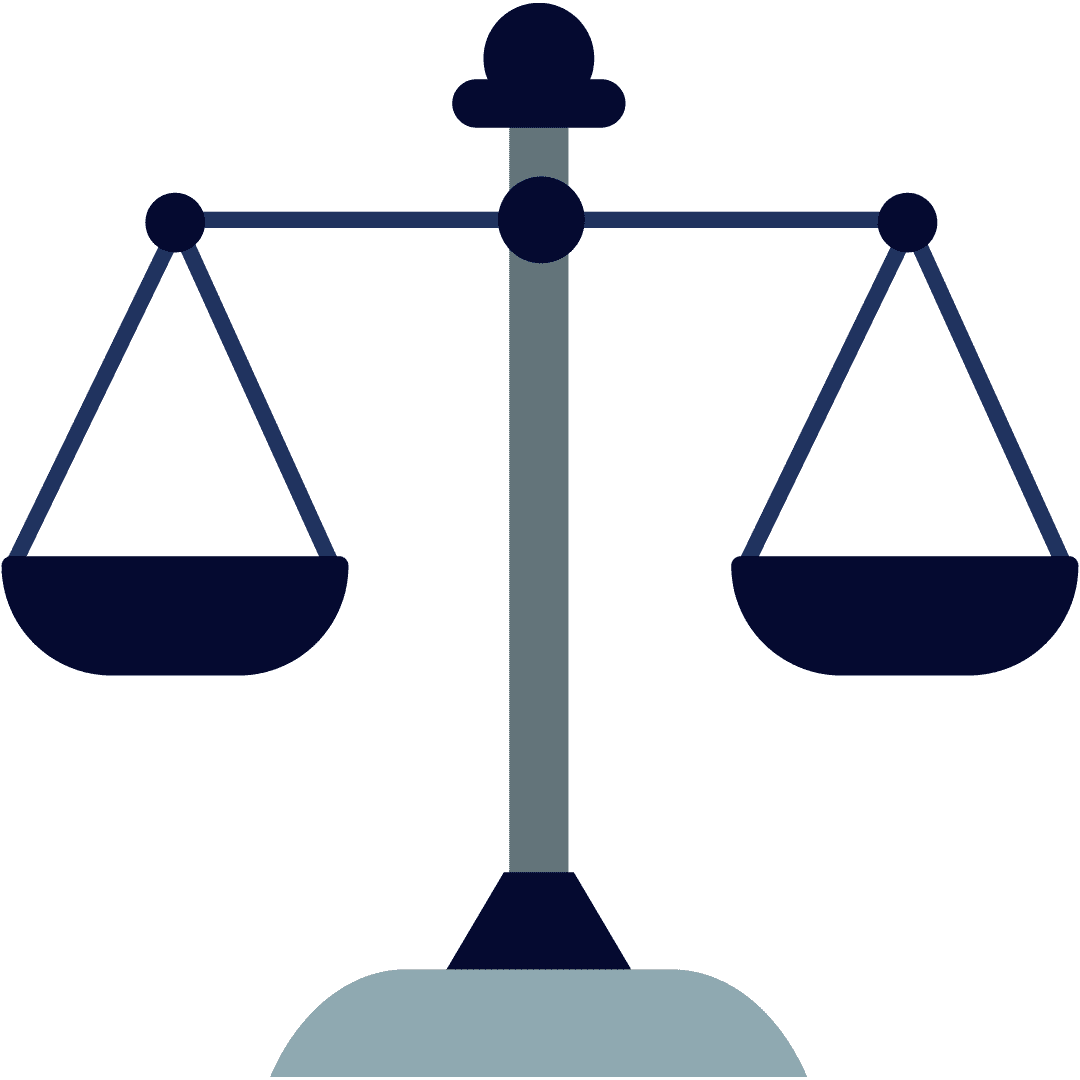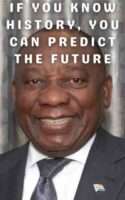Almost two weeks have passed since our seventh national elections. What was meant to be a unifying moment for us as a nation seems to have divided and fractured us. The political mud-slinging and drama continue. We, the people, are the spectators, witnessing the fragmentation of a Liberation Movement.
To know the present, you must know history. And if you know history, you can often predict the future.
The African National Congress (ANC), formed in 1912, was a liberation movement until 1994. Then, it painstakingly transformed itself into a political party in our new democracy. Liberation movements are loosely defined as being born from a collective desire and need to overthrow colonial or oppressive regimes. They are singularly focused but often made up of various facets of society and employ a variety of revolutionary tactics like armed struggle and mass mobilisation to achieve independence. They are rooted in clear ideologies focused on freedom and justice.
In stark contrast, political parties operate within a specific framework, aiming to gain power through democratic elections.
The ANC’s identity is still clearly based on its historical liberation movement roots, which it continues to utilise in order to gain support from voters. Many ANC leaders are veterans of its liberation movement days. This possibly points to the generational gulf that exists when deciding who to vote for. Those who experienced the ANC as a liberation movement during Apartheid see it as such still and not as a political party unable or unwilling to govern effectively. While young voters, who have only ever known it as a political party, struggle to see it for the liberating force it once was.
What is often the case, as seen in the histories of the many African countries liberated before South Africa, is that a liberation movement goes on to be the majority political party in the newly independent state. It enjoys the love and loyalty of the people, grateful for their freedom. Time passes, and while freedom has come, an escape from poverty has not. In the midst of the former liberation movement, a power struggle ensues, and a break-away faction is created, which then goes on to form its own political party.
This new break-away political party has similar revolutionary credentials. Why would it not? It too is birthed from the liberation movement.
In South Africa, the first post-democracy break-away group from the ANC was the Congress of the People (COPE) in 2008. Unhappy with the direction of the ANC, former members decided to start COPE; while popular at its inception, it has faded into obscurity. We then saw the birth of the Economic Freedom Fighters in 2013, another breakaway from the ANC, this time from the Youth League. The latest breakaway is the Umkhonto weSize Party (MK). The new kid on the block has thrown South African politics into disarray. For better or worse, we are still unable to say. The fact remains, however, that whether it be COPE, EFF or MK, we are seeing the ANC at war with itself.
We, as Africans, have the unique pleasure of watching our liberation movements, which freed us, morph into political parties which then govern us in a democratic order. We seem to be at the precipice of something, good or bad, that we cannot yet know. What we do know is that history is not something in the past; history is here.
Tell us: Do you think young people understand and know our history in South Africa?



